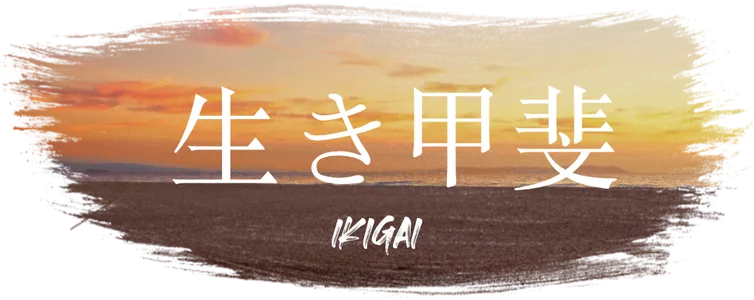
Ikigai: Discovering Your Purpose in Life
Ikigai (生き甲斐), pronounced "ee-kee-guy," represents a profound Japanese concept that combines "iki" (to live) with "gai" (reason), creating a holistic approach to finding one's purpose in life. This philosophy extends beyond simple ambition, encompassing a deeper understanding of what makes life truly worth living.
Origins and Cultural Significance
Rooted in Okinawa, Japan, ikigai has become synonymous with longevity and happiness. The region's inhabitants attribute their remarkable life expectancy and well-being to maintaining a clear sense of purpose that transcends material wealth and social status.
The Four Pillars of Ikigai
- Ikigai emerges at the intersection of four essential elements:
- What You Love (Passion): Activities that bring genuine joy and fulfillment
- What You Are Good At (Vocation): Natural talents and developed skills
- What The World Needs (Mission): Ways to contribute meaningfully to society
- What You Can Be Paid For (Profession): Opportunities for financial sustenance
Practical Application
Implementing ikigai in modern life involves:
- Regular self-reflection to identify activities that energize you
- Recognition and development of natural strengths
- Discovery of ways to contribute to society
- Exploration of opportunities to monetize your passions
Living Your Ikigai
Ikigai manifests in both grand aspirations and simple pleasures. As noted by neuroscientist Ken Mogi, it can be found in daily rituals like enjoying morning coffee or taking nature walks. Marie Kondo exemplifies this philosophy through her career, finding purpose in helping others discover joy through organization.
Transform Your Life
By aligning your passions, skills, societal needs, and financial opportunities, ikigai offers a pathway to a more balanced and meaningful existence. This harmonious integration of purpose-driven elements leads to greater life satisfaction and personal fulfillment.



